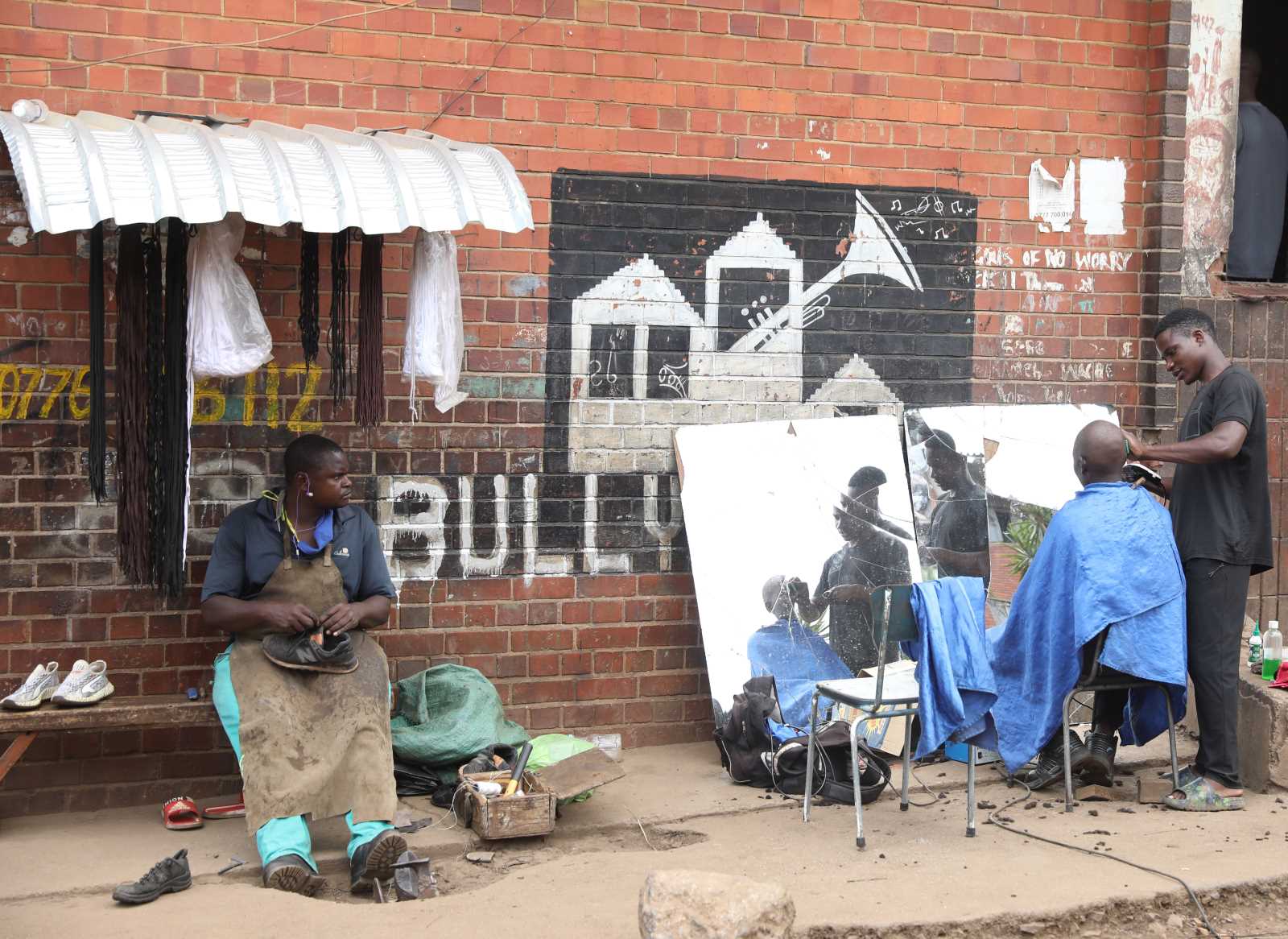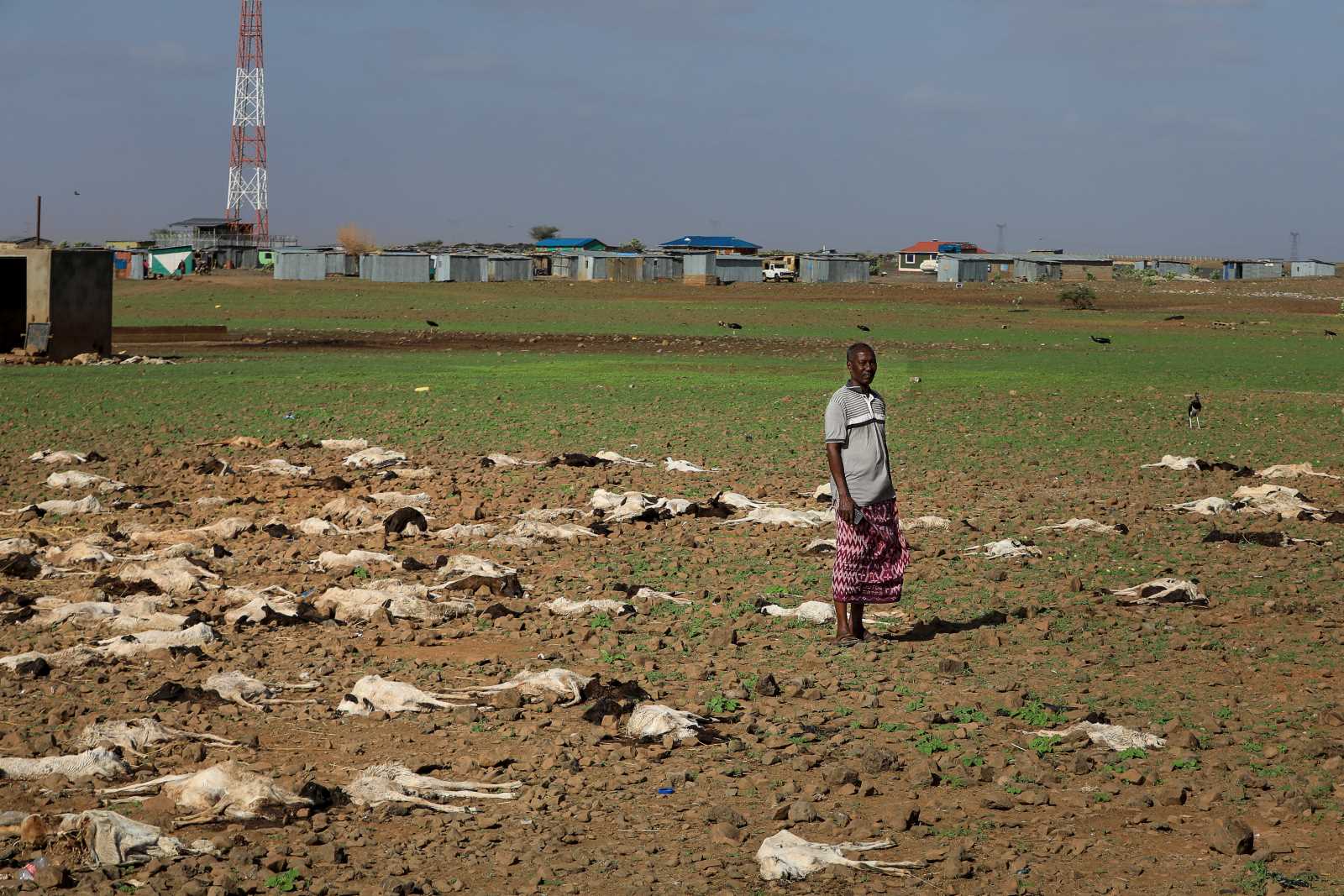In the US, gambling benefits victims of genocidal history
I spent parts of my childhood in the USA and have close relatives in Seattle. For the Easter break, I went to visit them for the first time in decades. Among other things, we went to a reservation of native Americans, and I was impressed by how things have changed.
Forty years ago, my uncle, who worked as a psychologist in the prison system, used to say that, while the blacks were fighting, the situation of the indigenous people was hopeless. The native Americans, he said, were depressed, traumatised and addiction prone. In his assessment back then, they would always live miserable lives on the fringes of US society.
To judge by the Tulalip reservation today, his assessment was wrong. It is true that alcohol and drugs still play a role, and that there certainly is still a sense of marginalisation. But that is not the whole picture. In some ways, the reservation is actually prospering.
It now has a huge casino which includes a huge hotel. In the late 1980s, native American tribes began to set up casinos after the US Supreme Court ruled that they could do so on their land in spite of gambling being illegal in most of the United States. Gambling has since become an industry in which tribal communities are a major force.
The casino complex is evidently big business. It so happened that, while we were there, the National Tribal Gaming Commissioners/Regulators held a conference at the Tulalip resort. The event attracted hundreds of people. They seemed to be determined to do their jobs well and displayed as sense of purpose. There was not a trace of what my uncle called hopelessness in the past.
Apart from the gambling business, there are other signs of budding potential. The Tulalip reservation now has an impressive new clinic, a big new youth centre and a cultural centre, which includes a very good museum dealing with tribal heritage and history. Some of the videos from the museum are posted on the centre’s website. This one, for example, deals with the history of schools:
Today, the casino and hotel generate jobs, career opportunities and communal revenues. People from communities outside the reservation benefit from the casino resort too, which certainly improves the standing of the Tulalip people.
In the eyes of most US citizens, gambling is still a vice. Allowing the tribes to establish casinos means that they now profit from that vice. The privilege of running legal gambling businesses has made a difference and now serves as a basis to improve opportunities in health, education and other sectors. No doubt, many tribal people still face great difficulties, but the permission to run casinos has done more for their communities than the Bureau for Indian Affairs had achieved in the previous decades. It was in charge of managing the surviving victims of the USA’s genocidal history.
Visiting the casino, the cultural centre and other facilities made me wonder. Perhaps it would make sense to let minorities profit from what are considered vices in other places too. If, for example, India’s Adivasi tribes, many of whom have no history of banning alcohol, got a monopoly on producing and selling liquor, their economic opportunities would improve dramatically. Alcohol is not appreciated by India’s Hindu and Muslim communities, but there definitely is a market for beer and whiskey.
In the Middle East in by-gone centuries, the Christian and Jewish minorities certainly benefitted economically from making wine – which many Muslims consumed even though they were not supposed to do so. Back then, selfconfident Muslim rulers did not believe they had to exterminate every other religion or culture.
Alcohol destroys some people’s lives, and so does gambling. There is a reason why various societies and cultures try to impose bans. Prohibition, however, fails in almost all large societies. The goal cannot be to uproot vice, but to regulate matters in a way that reduces harm.
Full disclosure: We didn’t gamble in Tulalip. We took our kids there to whale watch and actually spotted some grey whales. The reservation is on the coast of the Puget Sound, a huge body of water linked to the Pacific Ocean. The whale population has been growing, and some of them look for food in the Sound when they migrate from South to North in the spring. They have also learned that they aren’t being hunted anymore. In the past, seeing grey whales in the Seattle area was unusual – it isn’t anymore.














